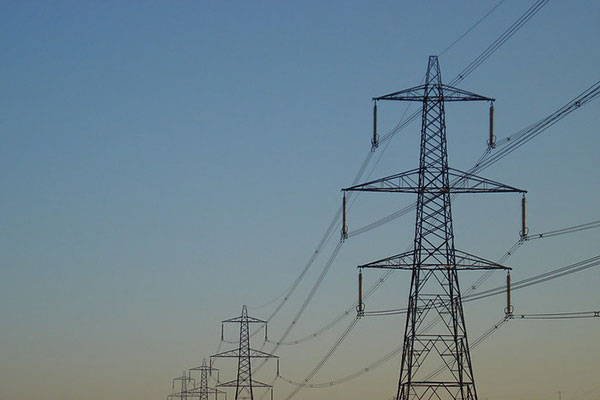Ontario — The governments of Canada and Ontario are working together to build the largest battery storage project in the country.
The 250-megawatt (MW) Oneida Energy storage project is being developed in partnership with the Six Nations of the Grand River Development Corporation, Northland Power, NRStor and Aecon Group.
The federal government is providing a further $50 million in funding.
“When our two governments work together, in partnership with Indigenous communities, we can help to build a stronger economy and a more sustainable province,” said the Honourable Chrystia Freeland, Deputy Prime Minister and Minister of Finance. “With this new federal investment—and significant support from the Canada Infrastructure Bank—this project will help make electricity more affordable for Ontario families, and play an important role in building the clean electrical grid that Ontario will count on for generations to come.”
Ontario has directed the Independent Electricity System Operator (IESO) to enter into a 20-year contract for the Oneida Energy storage project to support the growth of the province’s clean energy supply.
“I’m thrilled to see so many great partners come together to build this world-class project that will provide affordable, clean energy for generations to come,” said Premier Doug Ford. “With a growing population and as we secure game-changing investments in our economy, our government is supporting innovative and bold energy solutions to meet the increasing demand for power, including battery storage and small modular reactors.”
The Oneida Energy storage project will support the operation of Ontario’s clean electricity grid by drawing and storing electricity off-peak when power demand is low, and returning the power to the system at times of higher electricity demand.
The project will begin operations in 2025 and provide enough power to meet the peak demand of a city the size of Oshawa. It will more than double the amount of energy storage resources on Ontario’s clean electricity grid from approximately 225 MW today to approximately 475 MW upon its completion in 2025.
“The Government of Canada is pleased to collaborate with partners to unlock the energy storage solutions needed to store clean energy while meeting increasing electricity demands,” said Canada’s Minister of Natural Resources, the Honourable Jonathan Wilkinson. “The Oneida Energy storage project represents a significant Indigenous-led development that will create good jobs for Canadians while reducing emissions. The Government of Canada is pleased to invest $50 million in building this project with Indigenous partners – resulting in one of the world’s largest battery storage projects. I would like to congratulate all of those involved.”
The Oneida Energy storage project is in addition to actions already taken by the federal and provincial governments to meet emerging energy needs and ensure a reliable, affordable, clean electricity supply.
“The Oneida Energy storage project is a great example of what can be accomplished through strong and meaningful partnership with Indigenous communities,” said Todd Smith, Minister of Energy. “This project, part of our government’s larger plan for the decade to grow our reliable, affordable and clean electricity system, will ensure that we have the electricity we need to support our success in driving electrification and attracting new jobs to the province including unprecedented investments, from electric vehicles and battery manufacturing to clean steelmaking.”








Comments